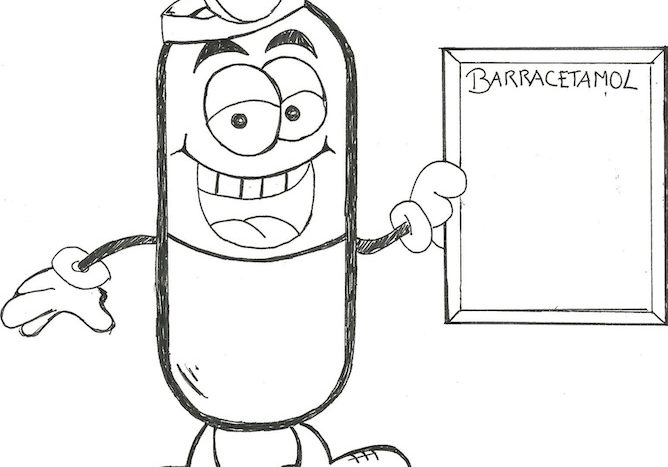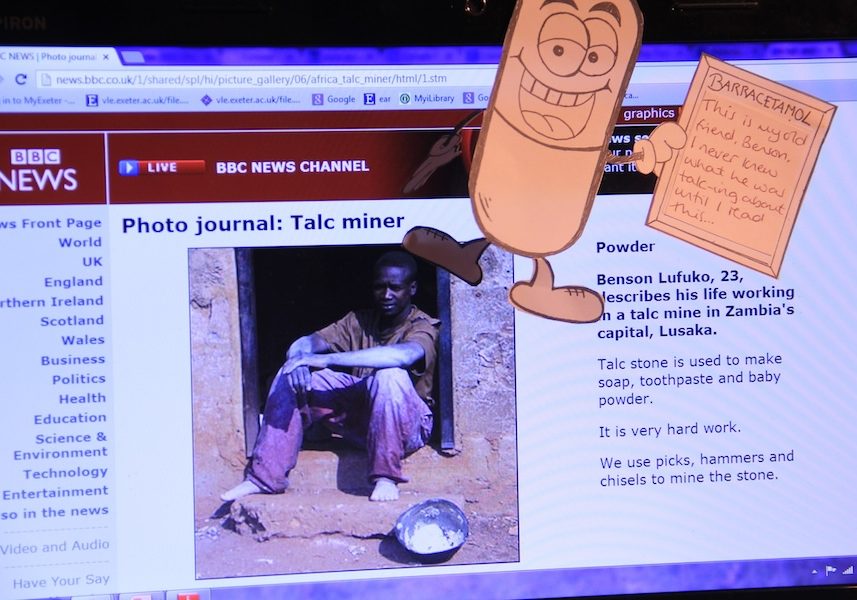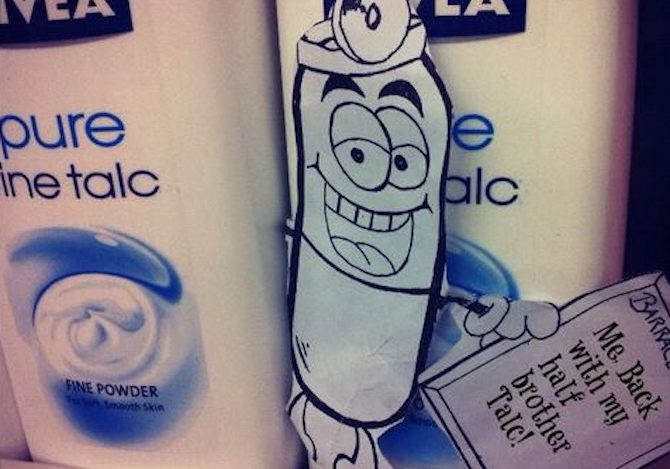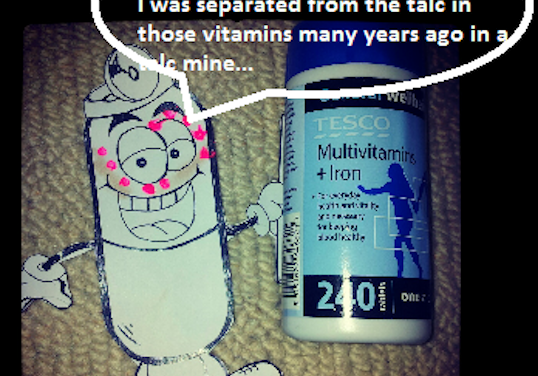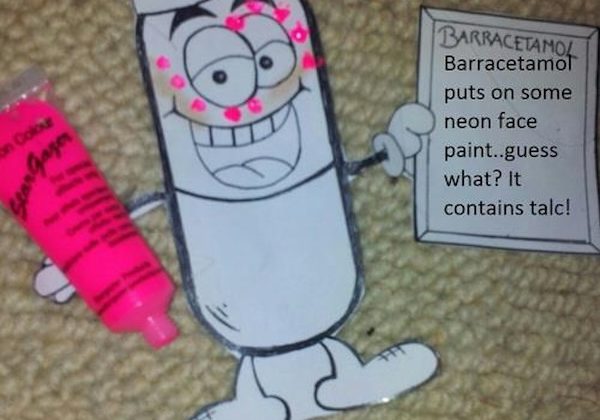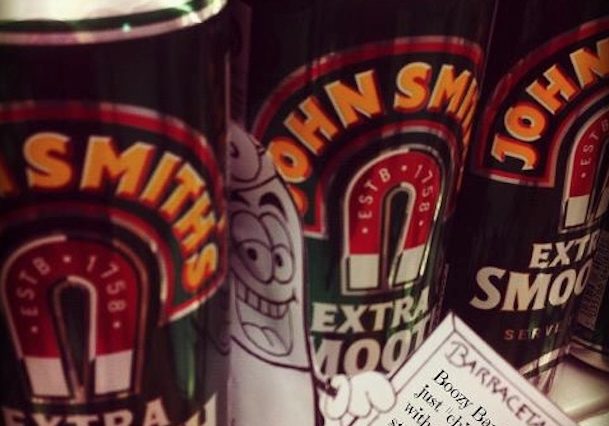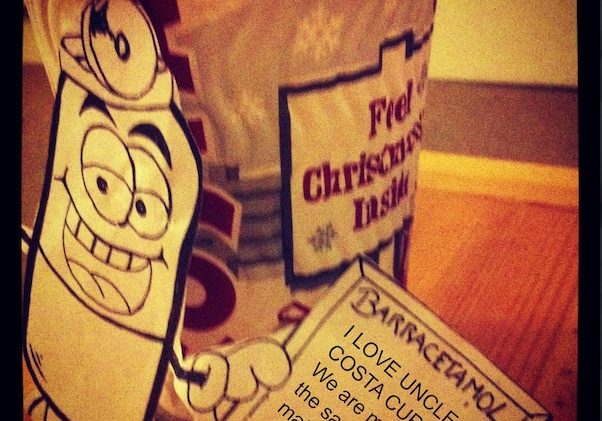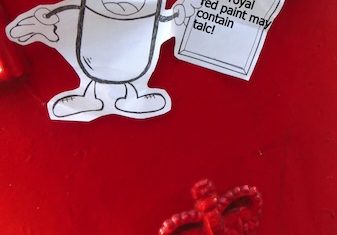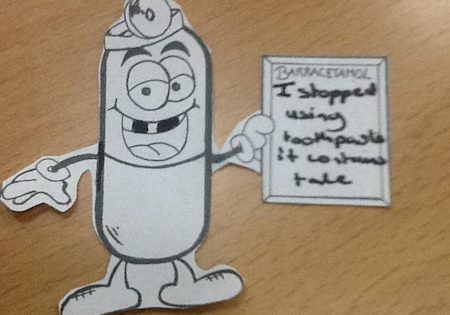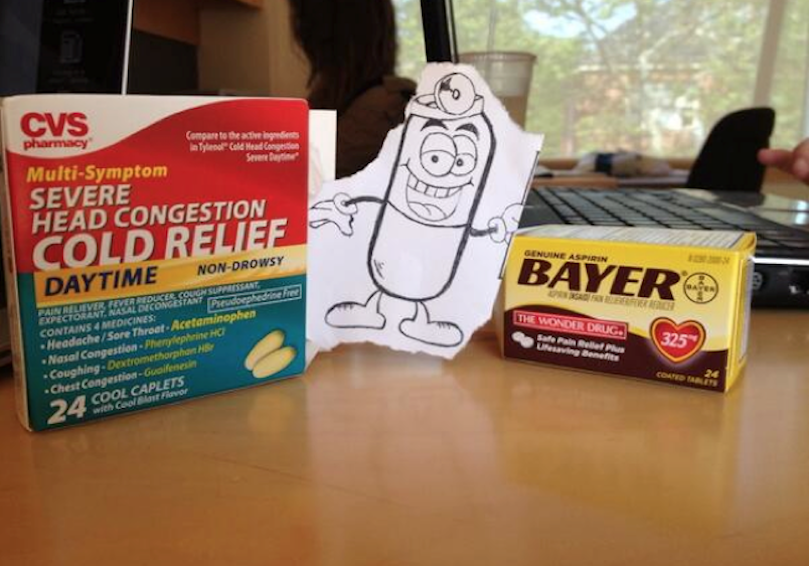
followthethings.com
Money & Finance
“Chrysal; Or, The Adventures Of A Guinea“
A 4 volume fictional book series by Charles Johnstone, the first two of which were originally published by T. Becket.
An 1821 version of Volume 1 is embedded in full above. Click here to read Volume 2, here to read Volume 3 and here to read Volume 4.
Here at followthethings.com we’re keen to appreciate the historical depth of our genre. Up until quite recently, we had traced everything back to Karl Marx’s chapter on the commodity (and commodity fetishism) in Capital Volume 1 which was first published in the 1860s. David Harvey’s teachings about Capital, and his appeals for geographers and otherS to get behind the veil of the commodity and tell the story of human reproduction were what encouraged us to do this work back in the day. But when you ask what inspired Marx, what literature was well known in his day, what had been written before, this impulse to know whose lives are connected by commodities goes back to the 1700s, to the birth of global capitalism (via empire), and to a genre of cheap and unglamourous ‘novels of circulation’. These make sense of this confusing, emerging world from the perspective of the commodities which were becoming part of its expanding consumer culture. There are dozens and dozens of these novels which we could choose to feature on our site, but the first one we want to add is this one – not least because it seems to have been one of the most popular and influential, but also because it’s about money – a commodity (and means of exchange) that academics have found more difficult to follow than most. This story is narrated by a gold guinea coin, starting from its mining in Peru and talking about its life connecting and witnessing the lives of a variety of people who earn, spend and steal it in different places. Because people aren’t careful what they do and say when a coin is covertly spying on them, the tales this coin tells – to an alchemist it meets at the end of volume one, who writes them down because coins can’t write – are scandalous. Some of the people whose lives are included were famous at the time, others were not. This book is both a scandalous exposé of the lives of famous people of the time and an ethical and moral tale about the emerging economic relations of capitalism and empire. It was inventive, eccentric and a huge popular hit. What would a commodity tell you about its life if it could talk? Here’s your answer! Commodities who can speak for themselves are very much part of trade justice activism today. There are lots of our examples on our site, but here’s one of the earliest. What can today’s activists learn from this? Here’s a taster. We’ll return to this later and add some more depth and detail.
Page reference: Ian Cook et al (2024) Chrysal; Or, The Adventures Of A Guinea (taster page). followthethings.com/chrysal-or-the-adventures-of-a-guinea.shtml (last accessed <insert date here>)
Estimated reading time: 11 minutes.
Continue reading Chrysal; Or, The Adventures Of A Guinea ![]()




